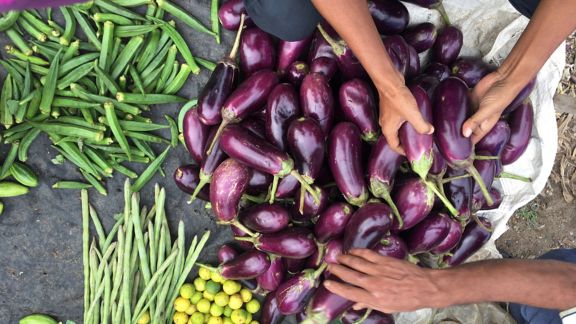Engaging Online Influencers to Address COVID-19 Vaccine Hesitancy

Problem
Vaccine hesitancy negatively affects communities’ ability to protect themselves from disease, disability, and death.
The COVID-19 pandemic caused significant morbidity and mortality, disproportionately affecting Hispanic, Black, Asian, and Native American and under-resourced communities. The development of a COVID-19 vaccine was the most promising end to the global pandemic, however, vaccination rates among adults have been less than desired and even lower among children. Furthermore, vaccine hesitancy is higher in Hispanic, Black, Asian, and Native American communities, where a long history of disparities contributed to mistrust of the COVID-19 vaccines.
Despite years of research, there remains a need to investigate how to leverage social media and health communication strategies to promote COVID-19 vaccines to Hispanic, Black, Asian, and Native American communities—segments of the U.S. population that have disproportionately borne the brunt of this historic pandemic.
Solution
NORC engaged influencers to connect with and inform their followers.
To examine COVID-19 vaccine hesitancy in Hispanic, Black, Asian, and Native American communities and better understand messages and strategies to reduce that hesitancy, NORC partnered with Thomas Jefferson University (TJU) on a community-based participatory study funded by Pfizer that engaged social media influencers to create and disseminate social media messages about the COVID-19 vaccines.
Ten social media influencers who were also mothers created posts in their own words and language about the COVID-19 vaccine for children. Next, the influencers recruited their followers to complete a baseline survey, view the post, and immediately complete an endpoint survey. We measured changes in knowledge about the COVID-19 vaccine, attitudes towards the pandemic and the vaccine, and intentions to vaccinate their children. We also captured followers’ trust in the influencer, perceptions of the post, and follower demographic characteristics. Mean scores or frequencies were calculated for all variables. Changes in survey variables from baseline to endpoint were assessed with repeated measures t-tests.
Result
Influencers were trusted messengers with the potential for expanded roles.
A total of 108 followers viewed a post from one of the influencers in our study and completed a survey. We observed significant positive changes from baseline to endpoint in knowledge of COVID and the vaccine, perceiving the pandemic to be serious, and intentions to vaccinate their children.
All followers had a high level of trust in their influencer. From interviews with influencers and an analysis of their posts, the team found several themes around how influencers framed their message. Commonly, they emphasized the necessity of the vaccine to do different activities, the risk of COVID-19 especially among Black and Hispanic communities, and framed their endorsement of the vaccine as a choice for themselves and others or as something one should do.
Related Tags
Project Leads
-
Amelia Burke-Garcia
DirectorProject Director







